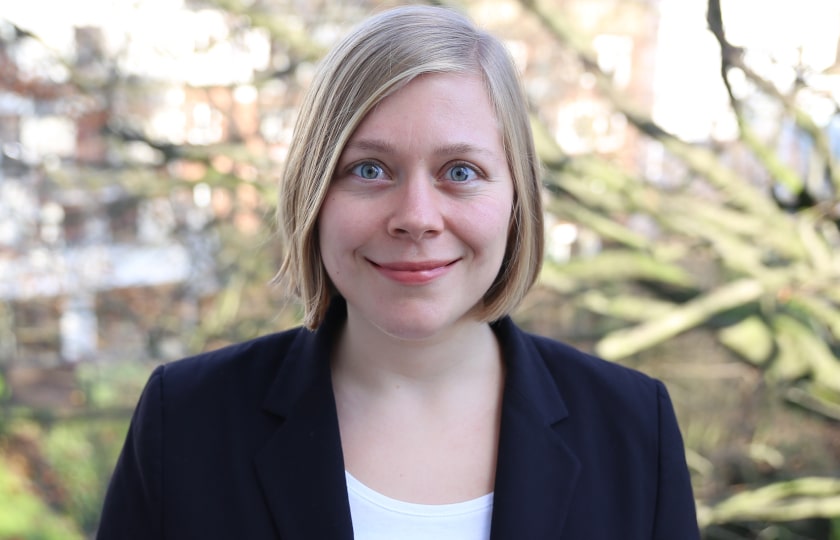How are polarizing topics reported in Germany and Australia – and does this reporting contribute to the polarization of political attitudes? The project examines how news content in both countries differs in its coverage of controversial issues – and whether this reporting contains potentially polarizing elements.
In times of increasing societal polarization, the question arises as to what role news media play in intensifying public debates and political attitudes. In collaboration with the Digital Media Research Centre (DMRC) at Queensland University of Technology, the Hans-Bredow-Institut develops innovative methods to identify potentially polarizing features in media content – such as one-sided topic selection or highly emotionalized language. The project focuses on topics such as climate change, minority rights, debates about gender-inclusive language, and questions of national identity. Using both traditional content analysis and AI-supported methods, more than 100 news outlets per country are systematically mapped according to their thematic and ideological positioning.
By linking these analyses with survey data from the project Political Polarization and Individualized Online Information Environments: A Longitudinal Tracking Study (POLTRACK), the research investigates whether the consumption of potentially polarizing news coverage actually leads to changes in citizens’ political attitudes.
This German-Australian collaboration makes it possible to systematically compare how media landscapes differ in their representation of polarizing issues and the potentially polarizing dimensions of their reporting. The results will help to better understand how digital news offerings can contribute to societal division – or, alternatively, foster integrative public discourse.
Photo by Fatima Shahid on Unsplash













